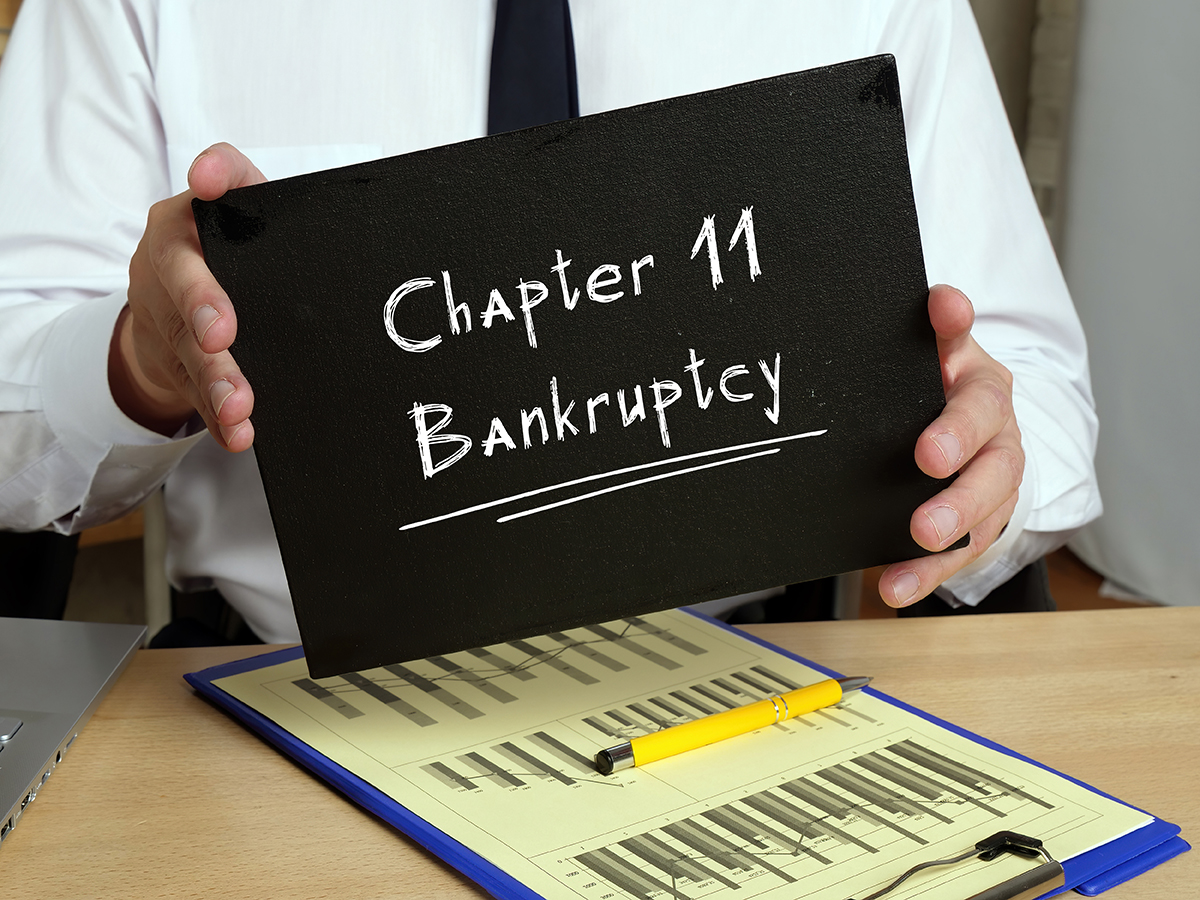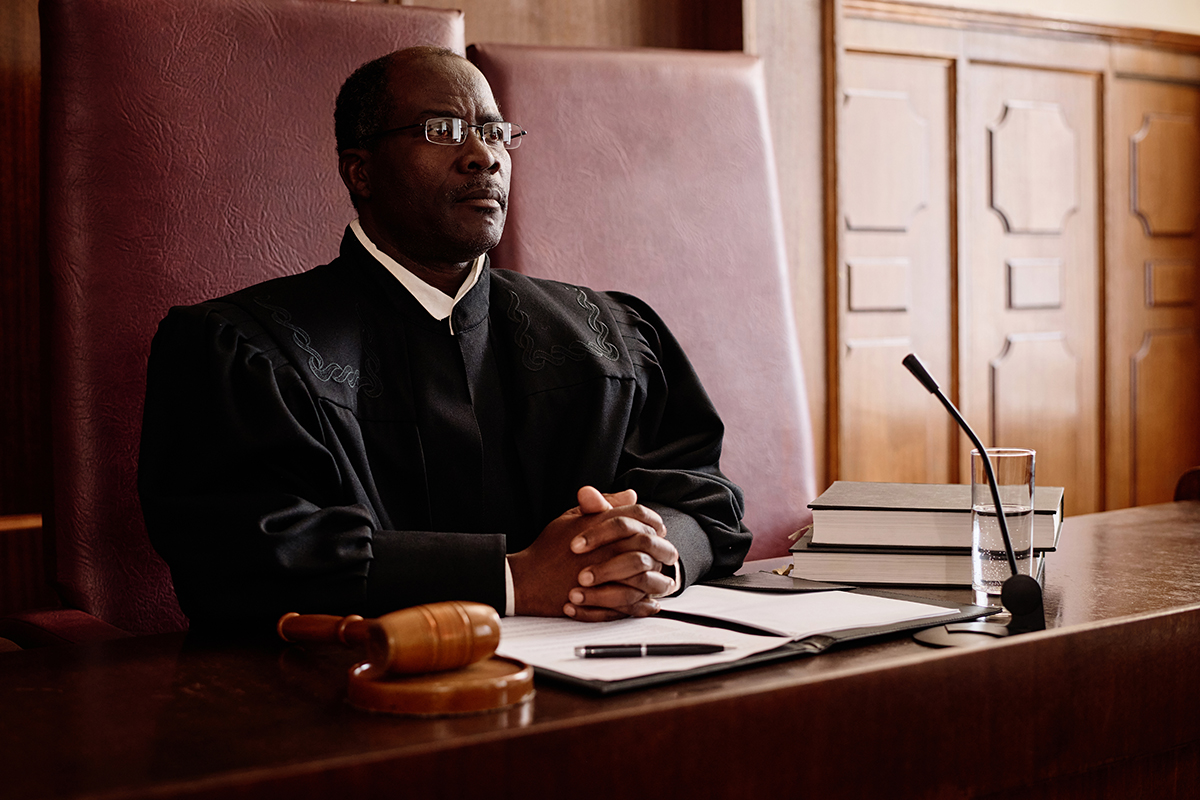Detroit has seen its fair share of economic challenges in recent years, leading many businesses to consider bankruptcy as a way to seek relief from overwhelming debt.
Filing for Chapter 11 bankruptcy can give struggling businesses the opportunity to restructure their finances and emerge stronger.
What is Chapter 11 Bankruptcy?
Chapter 11 bankruptcy is a legal process available to individuals, businesses, and corporations to reorganize their financial affairs and seek relief from overwhelming debts. It is a provision in the United States Bankruptcy Code that allows debtors to propose a plan to restructure their debts and repay their creditors over time.
While Chapter 11 bankruptcy is often associated with businesses, individuals with high levels of debt can also file for this type of bankruptcy protection.

Petition and Automatic Stay
When a business or an individual decides to file for Chapter 11 bankruptcy in Detroit, the first step is to prepare and submit a petition to the United States Bankruptcy Court for the Eastern District of Michigan. [1]
This petition outlines the financial hardships faced by the debtor and includes information such as their current financial situation, income, expenses, assets, and liabilities. The petition is a detailed document that requires accuracy and transparency to comply with the bankruptcy laws.
After the petition is filed, the court will review its contents and assign a case number, officially initiating the Chapter 11 bankruptcy proceedings.
As soon as the petition is submitted, an automatic stay goes into effect, providing immediate relief to the debtor from collection actions and legal proceedings initiated by creditors. This automatic stay halts any ongoing debt collection efforts, eviction proceedings, foreclosure actions, or lawsuits against the debtor.
Debtor in Possession and Plan Proposal
Under this Chapter 11, debtors have the option to become a debtor in possession, which allows them to retain control over their assets and continue operating their business while they develop a plan proposal to repay their debts over time.
This allows the debtor to make key decisions and take actions to actively reorganize and improve their financial position. The goal is to enable the business to meet its obligations, maximize the value of its assets, and ultimately emerge from bankruptcy as a viable and productive entity.
The plan proposal serves to outline how the debtor will address its financial obligations, including payments to creditors and potential modifications to existing contracts and leases. The proposal should detail the debtor’s strategy for restructuring its business operations, reducing expenses, increasing revenue, and improving its overall financial health.
If approved, the plan proposal sets in motion a process where the debtor can move forward with repaying its debts according to the agreed-upon terms. This may involve monthly payments, the sale of assets, or other negotiated arrangements. As the debtor fulfills its obligations outlined in the plan, the business paves its way towards exiting bankruptcy and achieving long-term financial stability.

Meeting of Creditors
The Meeting of Creditors, also known as the 341 meeting, takes place within 20 to 40 days after the bankruptcy petition is filed. [2]
During this meeting, the debtor is required to appear in person and provide various documents to validate their financial statements. This may include tax returns, bank statements, pay stubs, and any other supporting documentation that verifies their income, assets, and debts.
The Meeting of Creditors allows creditors to question the debtor regarding their financial circumstances, the causes of their bankruptcy, and any potential assets or sources of income that may be available for repayment. Creditors may also seek clarification on any discrepancies or concerns they may have regarding the debtor’s financial records.
Failure to comply or provide accurate information may result in the dismissal of the bankruptcy case or other serious legal consequences.
In Detroit, the Meeting of Creditors is typically held at the U.S. Bankruptcy Court for the Eastern District of Michigan.
Confirmation of a Plan and Discharge of Debt
The confirmation of a plan is the pivotal moment during Chapter 11 bankruptcy proceedings where the court reviews, approves, and ultimately confirms your proposed reorganization plan. This plan outlines how you intend to repay your creditors and restructure your business operations to achieve profitability again.
In Detroit, this process usually begins following negotiations with your creditors in an attempt to reach a consensus on the terms of the plan.
During the confirmation hearing, which takes place before a bankruptcy judge, all interested parties, including creditors, have the opportunity to voice their support or objections to the proposed plan. If the majority of creditors (representing at least two-thirds of the total debt) vote in favor of the plan, and it meets the necessary legal requirements, the court may approve and confirm it.
The confirmation of the plan provides a sense of stability and reassurance to the debtor, allowing them to move forward with their reorganization efforts. Confirmation offers a guarantee to the creditors that they will receive the payments they are entitled to, according to the terms laid out in the plan.
The discharge of debt is the final milestone in Chapter 11 bankruptcy in Detroit. It signifies the completion of your Chapter 11 bankruptcy, releasing you from the majority of your remaining debts.
Not all debts may be discharged under Chapter 11 bankruptcy. Some debts, such as certain tax obligations, student loans, and debts incurred through fraud, may not be eligible for discharge. Your bankruptcy attorney can provide guidance on which debts can be discharged and help you understand the specific implications of the discharge process.

Contact Frego & Associates today to schedule a consultation and take the first step towards financial stability.
Sources:
[1] Eastern District of Michigan | United States Bankruptcy Court. (n.d.-b). https://www.mieb.uscourts.gov/
[2] Region 9 : Local Section 341 Meeting Information. (2024, May 10). https://www.justice.gov/ust/ust-regions-r09/region-9-section-341-meetings-2




